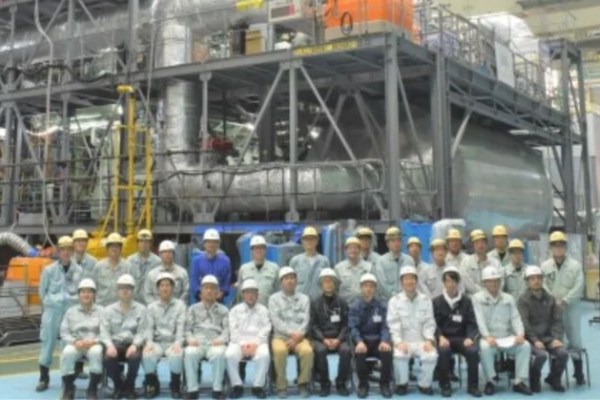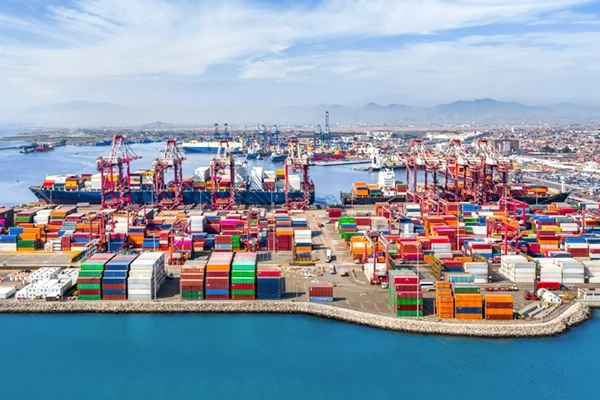
Mitsubishi Launches Groundbreaking Ammonia Fuel Systems for Marine Engines
Mitsubishi Shipbuilding has delivered its first ammonia fuel supply system (AFSS) and ammonia gas abatement system (AGAS) to Japan Engine Corporation. These systems support J-ENG’s ammonia-fueled marine engine, marking a key milestone in advancing sustainable maritime solutions and facilitating decarbonization efforts within the industry.















